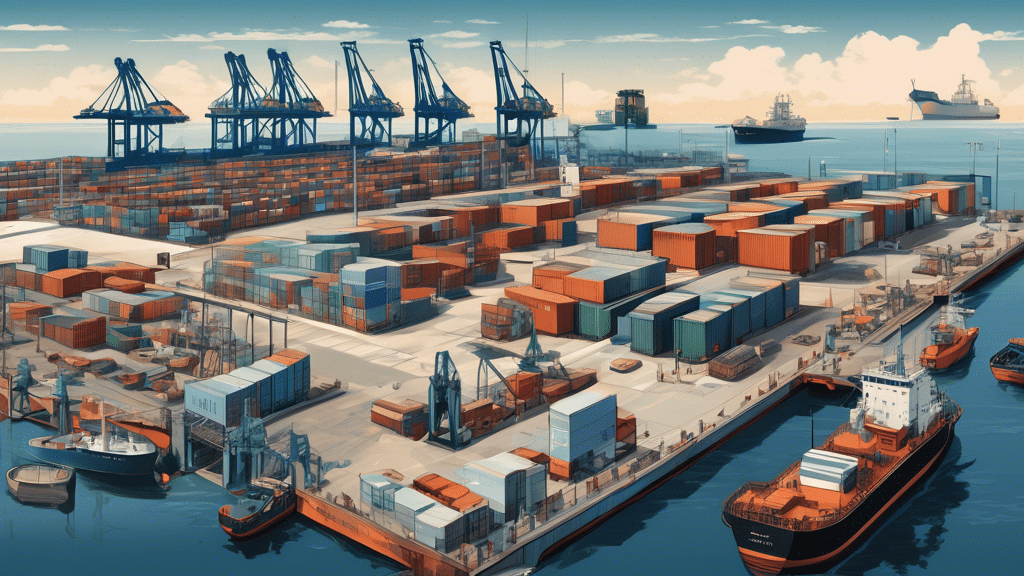The maritime industry is a vital component of the global economy, and maintaining security aboard ships is paramount. Vessel personnel with security responsibilities play a crucial role in safeguarding vessels and their crew from potential security threats. This article provides a comprehensive overview of the training required for these key individuals to ensure they are well-prepared to handle security-related tasks effectively.
Importance of Security Training
The significance of security training for vessel personnel cannot be overstated. In an era where maritime security threats are ever-evolving, from piracy and terrorism to illegal trafficking and cyber-attacks, adequately trained personnel are the first line of defense. Training ensures that these individuals are equipped with the necessary knowledge, skills, and capabilities to identify, respond to, and mitigate various security threats.
Regulatory Framework
Security training for vessel personnel is mandated under international conventions and regulatory frameworks. The International Maritime Organization (IMO) has established guidelines and standards through the International Ship and Port Facility Security (ISPS) Code. Additionally, the Standards of Training, Certification, and Watchkeeping (STCW) Convention outlines the specific training and certification requirements for seafarers, including those with security responsibilities.
Key Components of Security Training
Comprehensive security training for vessel personnel encompasses several critical components:
Understanding Maritime Security Threats
Training begins with an in-depth understanding of various maritime security threats. This includes recognizing potential risks such as piracy, terrorism, stowaways, smuggling operations, and cyber threats. Familiarizing personnel with real-world case studies and scenarios enhances their ability to anticipate and manage these threats effectively.
Security Awareness and Vigilance
Security awareness is a foundational aspect of training. Personnel are taught to remain vigilant at all times, promptly report suspicious activities, and follow established security protocols. This proactive approach helps in early detection and prevention of security incidents.
3. Conducting Security Assessments and Inspections
Vessel personnel are trained to conduct thorough security assessments and inspections. This involves checking for unauthorized access points, inspecting cargo, and identifying potential security vulnerabilities. Regular security drills and exercises are integral to this component, ensuring personnel are well-versed in standard operating procedures.
Response and Contingency Planning
Effective response to security incidents is a critical part of the training. Personnel learn to implement emergency response plans, manage crisis situations, and coordinate with relevant authorities. Contingency planning covers a range of scenarios, from dealing with hijackings to evacuations and medical emergencies.
Use of Security Equipment and Technology
The training also includes the use of security equipment and technology. This may involve operating surveillance systems, access control mechanisms, and communication devices. Understanding how to leverage these tools enhances the overall security posture of the vessel.
Certification and Continuous Professional Development
Upon completion of the training, vessel personnel receive certification as required by the STCW Convention. However, maritime security is a dynamic field, and continuous professional development is essential. Regular refresher courses, advanced training modules, and staying updated with the latest security trends and technologies ensure that personnel maintain a high level of preparedness.
Vessel personnel with security responsibilities are pivotal to maritime security. Through rigorous training programs covering a wide array of security-related topics, these individuals are equipped to protect vessels, crew, and cargo. Adhering to international standards and embracing continuous learning are key to cultivating a robust security culture within the maritime industry.












